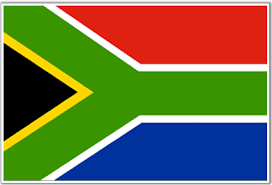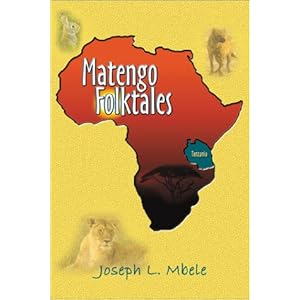Big News at Nelson Mandela Metropolitan University--what a time to be going to South Africa!
For the first time, a degree will be offered in
Human Settlement Development at Nelson Mandela Metropolitan University.
Big News at Nelson Mandela Metropolitan University: Human Settlement Degree launched
Amazing that we will be visiting NMMU this spring. Amazing that we can visit this school named for Nelson Mandela when we are in Port Elizabeth in May.

Whenever I teach literature that brings such conditions to light--like Apartheid and its legacy--like the Rwandan genocide--like the conditions in diamond mines--like the children forced to be soldiers and turn against their parents in Uganda and Sierra Leone, the students and I always come to an impass: so now what? Now what can we do, now that we know about this injustice? We can keep it, in every way possible, from happening in our corner of the worlld, but what else can we do?
Maybe this is our answer.
Scott Fee from Construction Management--how ironic is that--and I are partnering with Chris Black-Hughes in Social Work to travel with students to South Africa in May and early June. Now it feels as if there is another purpose besides understanding the culture. When we read about the atrocities during Apartheid--and its enduring legacy in South Africa, all roads lead to the Townships and the Homelands, where poverty controls life. We will be visiting Townships.
The word "Apartheid" means apartness or separation--which is what the Nationalist Party incorporated. Black Africans were separated into their tribe of origin, and forced to live in the appropriate "Homeland," or in urban areas, in townships. In one instance, 500,000 people lived in five square miles. Both situations provided atrocious squalor and threat of imprisonment, violence, or death. Their vestiges still pervade life in South Africa.
So now, the stories, the knowledge we've been accumulating to understand what has happened in South Africa leads us here.
With this new degree, with a plan to groom young people to change these living conditions, where do we fit in? What can we do to be part of the change instead of--if you remember the film
Hotel Rwanda--the reporters said to
Paul Rusesabagina, "Oh, [Americans] will watch the news and say, 'isn't that too bad,' but they won't do anything." We are coming to South Africa at a crucial time. I am proposing some books to Capstone about Apartheid and its legacy in South Africa, but that in itself isn't enough, either. We can join this movement and maybe, maybe, maybe we can be supportive in a way that makes a difference.
Info about Homelands and a bit of history




 These folk tales are from Tanzania, and I can't wait to read this.
These folk tales are from Tanzania, and I can't wait to read this.









